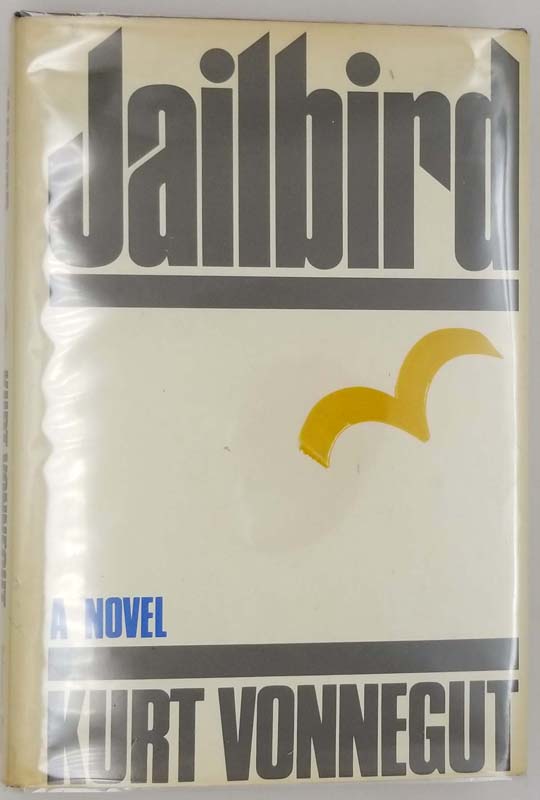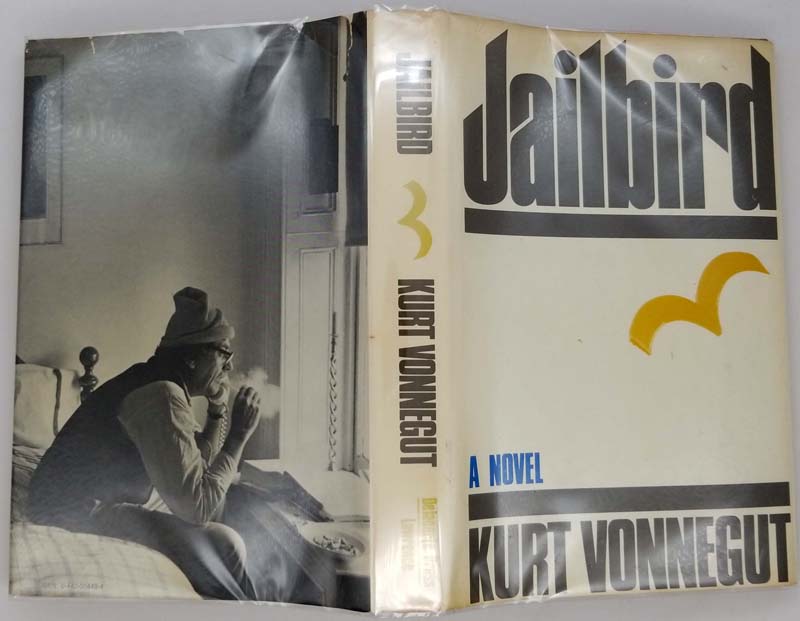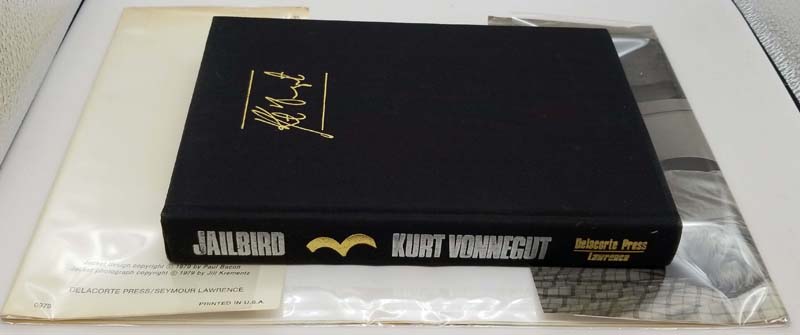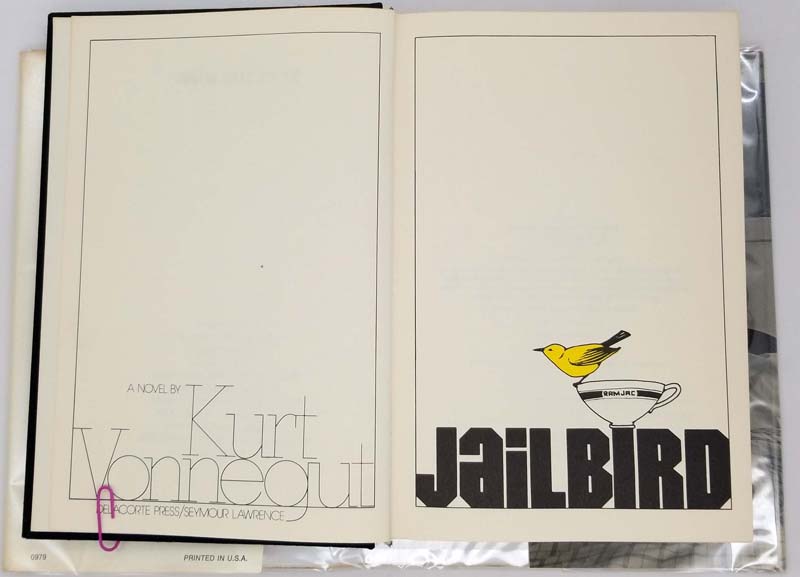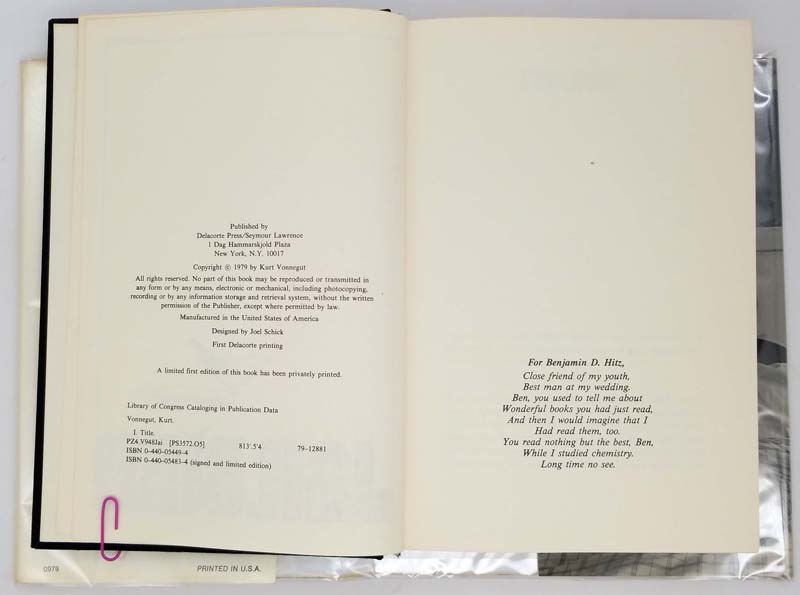Jailbird (1979) by Kurt Vonnegut is a satirical and darkly comic novel that follows the misadventures of Walter F. Starbuck, a hapless and idealistic bureaucrat whose life becomes entangled with some of the 20th century’s most significant historical events. The story begins with Starbuck’s release from a minimum-security prison after serving time for his minor role in the Watergate scandal—a quintessentially Vonnegut-esque twist on justice and absurdity.
As Starbuck navigates post-prison life in late 1970s America, the narrative weaves through flashbacks of his past: his working-class roots, his Harvard education, his involvement with leftist politics, and his unwitting participation in corporate and governmental corruption. Vonnegut employs his signature fragmented storytelling, biting wit, and recurring themes (like the fictional “RAMJAC Corporation,” a satirical stand-in for unchecked capitalism) to critique systemic greed, political hypocrisy, and the American Dream’s hollow promises.
The novel’s title refers not just to Starbuck’s imprisonment but to the broader human condition—being caged by societal structures, personal failures, and historical forces beyond one’s control. Vonnegut’s humanist lens ensures that even as he lampoons institutions, he imbues Starbuck with tragicomic pathos, making him a sympathetic everyman in a world that rewards venality over virtue.
A lesser-known but sharp entry in Vonnegut’s canon, often overshadowed by Slaughterhouse-Five or Cat’s Cradle but equally incisive in its critique of power.
For Fans Of: *Catch-22*’s bureaucratic satire, The Trial’s existential absurdity, or Infinite Jest’s corporate dystopia.
“Vonnegut’s jailbirds aren’t just prisoners—they’re all of us, pecking at the bars of systems we didn’t build but can’t escape.” — The New Republic
